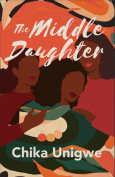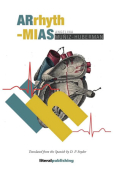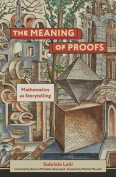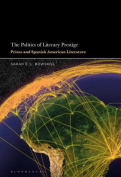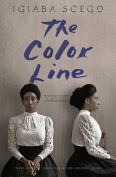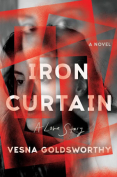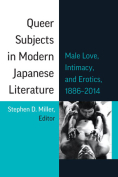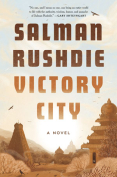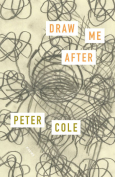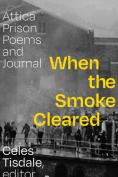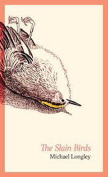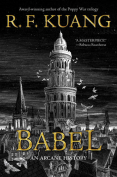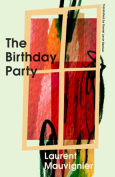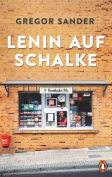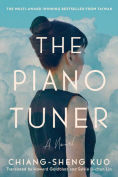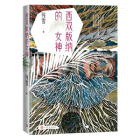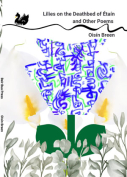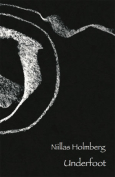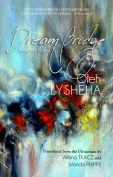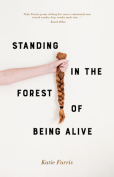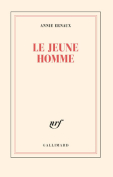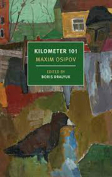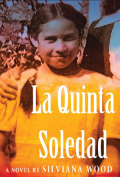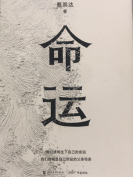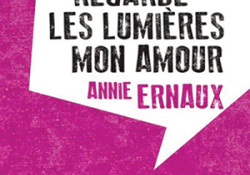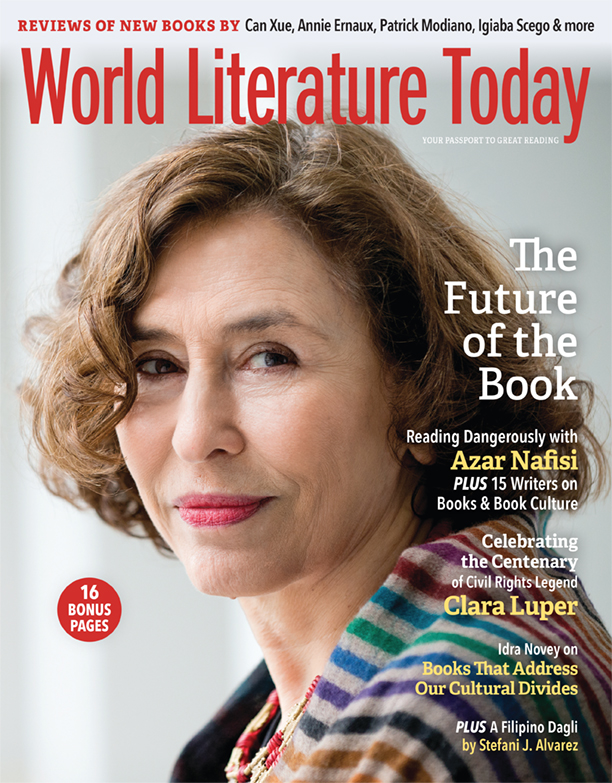Le Jeune Homme by Annie Ernaux
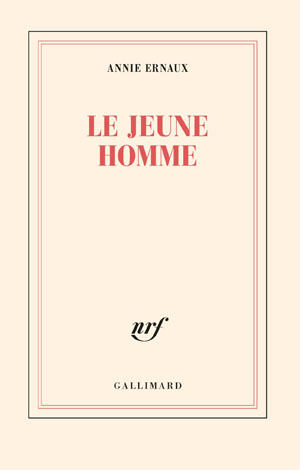 Paris. Gallimard. 2022. 48 pages.
Paris. Gallimard. 2022. 48 pages.
Annie Ernaux’s latest book was published a few months before she was awarded the 2022 Nobel Prize in Literature. At roughly forty pages, it is closer in length to a short story than to a novel. While Ernaux has regularly distanced herself from the still-fashionable genre of autofiction (and from just about any literary movement), almost all her fictional works have been autobiographical in nature and characterized by the frequent use of first-person narration. “The Young Man” is no exception. In fact, this short book seems to encapsulate many of the events and themes found in her previous novels.
In Passion simple (1992), and again in more detail in Se perdre (2001), she recounted her affair with a married man. This time, her love affair is with a much younger man, a student who wanted to meet the already famous author. As the narrator points out: “He was almost thirty years younger than me.” She also remarks that the young man’s small apartment was across the street from the hospital where—many years earlier, when she was nearly his age—she had been taken after a painful and dangerous backstreet abortion (in France, abortions were illegal until 1975). This traumatic episode of Ernaux’s life is the topic of L’Événement (2000).
The narrator often compares the young student’s impecunious lifestyle to her own small-town, working-class origins, a long-running thematic thread in many of Ernaux’s books and interviews. She notices that while she had long felt relegated to a lower social status, including during most of her seventeen-year marriage, with the student she suddenly seemed to be a part of the upper class. As the older, richer partner in this unlikely couple, she could, for instance, go off with him on vacations he would not have been able to afford. The sort of power imbalance that is more common between an older man and a younger woman was now inverted: “I was in a dominant position.”
Perhaps fittingly, this relationship lasted approximately as long as Ernaux was working on another book. The conclusion of Le Jeune Homme is a moment for Ernaux to relect on a turning point in her life, when she realized that she was happy to be independent at the turn of the twenty-first century. Ernaux is now eighty-two years old. Whether or not she publishes anything else, her place in French literary history is secure. While she has often been criticized for her choice of an unadorned écriture plate (flat writing style), she has renewed the autobiographical genre by turning much of her life story into an extensive and fascinating fictional domain.
Edward Ousselin
Western Washington University

